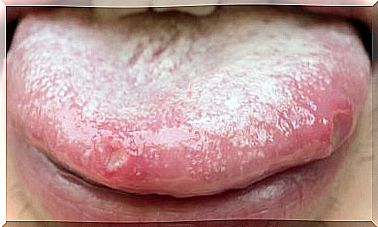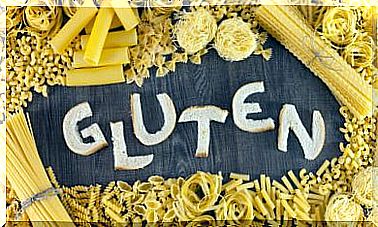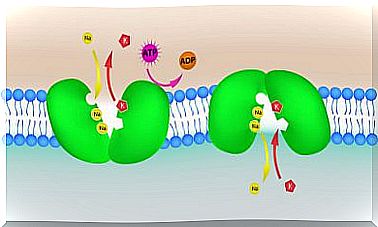Practicing Kindness: A Wonderful Way To Take Care Of Your Brain
Practicing kindness in our day to day is not only a way to create more respectful and sensitive scenarios. Every act loaded with reciprocity and exclusively oriented to do good reverts to our mental health.
Now, we know that more than one will think that “sowing” good does not always help us “reap” respect.
However, and although on our back we weigh more than one betrayal and in our hearts a few disappointments, there is one aspect that is clear: we live much better if we maintain that harmony between what we feel and what we do.
In addition to that, and as much as it may surprise us, our brains are genetically programmed to do good. What happens is that in the day to day other biological tendencies have more weight, such as envy or resentment.
We invite you to delve into this interesting topic.
Our brain understands that kindness is important
Jerome Kagan is a well-known Harvard University professor who specializes in the so-called “kindness psychology”.
- According to him, humanity is genetically programmed to do good. All of us, so to speak, come into the world with a “program” installed to practice kindness.
- However, and experience throughout our history has shown us, this is not always the case. Why is this happening then?
If our brain understands that acting with compassion and respect is necessary … Why is there someone who does not understand it and does the opposite? We explain it to you below.
Kindness allows us to survive as a species
- Charles Darwin at the time enunciated the same thesis as Professor Jerome Kagan. The human brain is programmed to practice kindness because it guarantees the survival of the species.
- In addition, acts of kindness allow us to understand that people have many more options to survive if we have a support group than being alone.
- People are empathetic because with this we manage to identify needs and, in this way, be able to provide help and thus guarantee the survival of the group.
Why are acts of kindness not as abundant as they should?
It is curious to know that despite the fact that we are genetically programmed to do good, our behavior to this day has not done more than put the balance of our planet at risk.
Wars, environmental pollution, social inequalities, attacks on human rights … Why do we act in this way?
- David Keltner is a professor at the University of Berkeley (USA) and director of the Center for the Research of Goodness.
- As he explains, the way our societies are built inclines us more to individualism than to group conscience.
- When we begin to think in terms of self-interest, our biological balance then tips toward envy, rage, violence, and competition. He never did kindness.
- Kindness and the desire to promote good are not useful if what I want is to rise up with more wealth and more social recognition.
It is undoubtedly somewhat hopeless.
Practicing kindness takes care of our brain
Psychological dimensions such as resentment, envy or the stress of continuous competition affect our physical and emotional health.
- All of us, at some point, have been carried away by these personal drifts.
- Little by little we have become aware that acting or feeling in this way is not the right thing to do, because it takes us away from our essences, from our roots.
We could say that our brain knows very well that these biological tendencies towards negative acts prevent us from connecting with others and lead us to an exasperating loneliness that is so unpleasant.
Practicing kindness positively reverses our inner balance, brings us peace and well-being.
- It does not matter that others are not aware of those little acts of kindness that we cultivate every day.
- We do know it and that is enough for us because it allows us to be in harmony, knowing what is good, and that inner harmony offers us music that we like, that pleases us.
- Kindness and compassion ignite brain structures as powerful as the limbic system.
- A compassionate person is more intuitive, more receptive and more aware of everything that surrounds him.
Although in our contexts we do not see actions charged with respect and authentic goodness, this should not make us give up and even less imitate that same general neglect.
Believe it or not, kindness is contagious. So do not forget to be the best example for your children, the best model for friends and family.
Because little acts go a long way, and if everyone started the engines of everyday goodness, we’d see great long-term results.
Valeria Sabater
Graduated in Psychology from the University of Valencia in 2004. Master in Safety and Health at work in 2005 and Master in Mental System Management: neurocreativity, innovation and sixth sense in 2016 (University of Valencia). Collegiate number CV14913. He took the course Nutrition and obesity: overweight control, offered by the National Autonomous University of Mexico (UNAM). Student of Social and Cultural Anthropology at UNED, Valeria Sabater has worked in the area of social psychology selecting and training personnel. Since 2008, she has been a psychology and emotional intelligence trainer in secondary schools and offers psycho-pedagogical support to children with development and learning problems. In addition, she is a writer and has received various literary awards.









